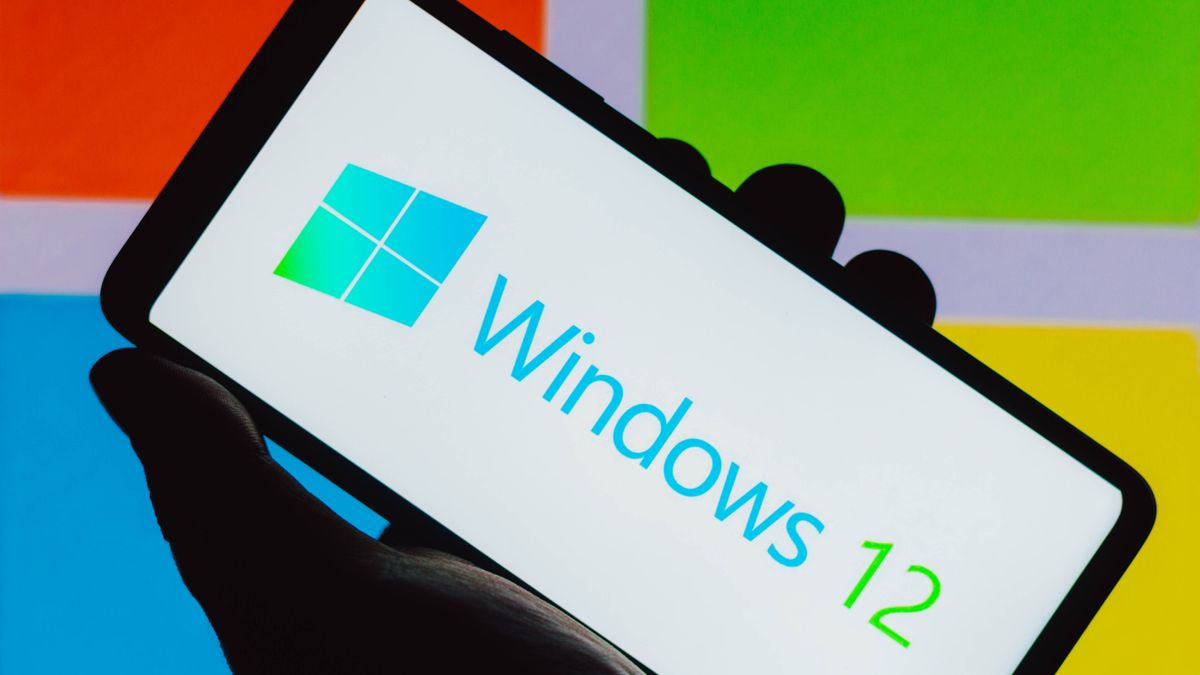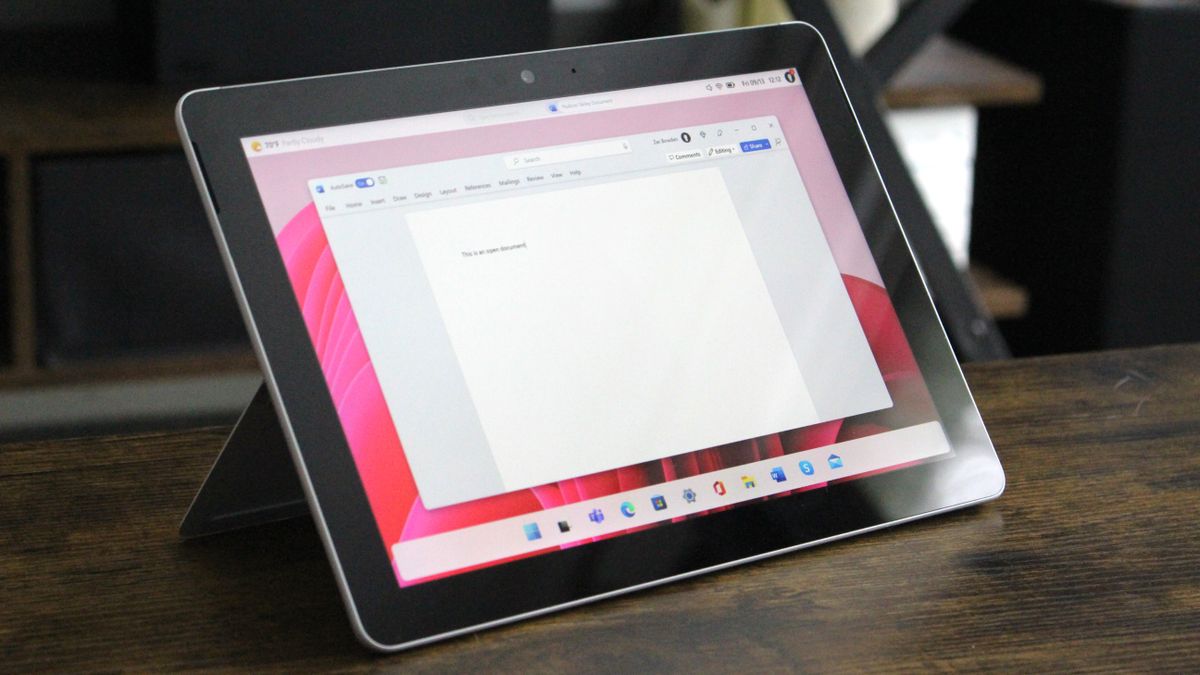- The project is called CorePC, and follows the same goals as Windows 10X but with native support for legacy apps on devices that require it.
- CorePC will pave the way to new configurations of Windows that scale up and down depending on PC hardware.
For many years, Microsoft has been trying to modernize the Windows platform. Its most recent attempt at this was with
Windows Core OS, an effort that aimed to deliver a modular, UWP-first OS that stripped the platform of legacy features and app compatibility in favor of being lightweight, quicker to install updates, and much more secure.
Unfortunately, Microsoft was never able to ship a version of Windows Core OS for traditional PC form factors, though it certainly tried.
Windows 10X was Microsoft’s last attempt at this, but the project was canceled in 2021 after months of internal testing and years of development on Windows Core OS itself.
Microsoft is essentially tackling its Windows Core OS vision from the other end of the spectrum. If Windows Core OS was an effort to “rebuild” Windows from the ground up as a modern, configurable OS without the overhead of legacy app compatibility, Windows CorePC starts with the full Windows desktop and works backwards to break it down into a modular, configurable system while maintaining native support for legacy apps and workflows where necessary.
My sources tell me CorePC will allow Microsoft to finally deliver a version of Windows that truly competes with Chromebooks in OS footprint, performance, and capabilities. A version of Windows that only runs Edge, web apps, Android apps (via Project Latte) and Office apps, designed for low-end education PCs is already in early testing internally, and is roughly 60-75% smaller than
Windows 11 SE.
Microsoft is also working on a version of CorePC that meet the current feature set and capabilities of Windows desktop, but with state separation enabled for those faster OS updates and improved security benefits. The company is working on a compatibility layer codenamed Neon for legacy apps that require a shared state OS to function, too.


/cdn.vox-cdn.com/uploads/chorus_asset/file/24466965/9krIrHI.png)




